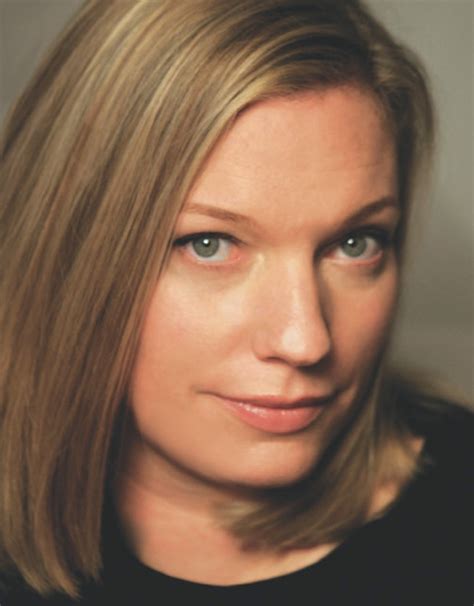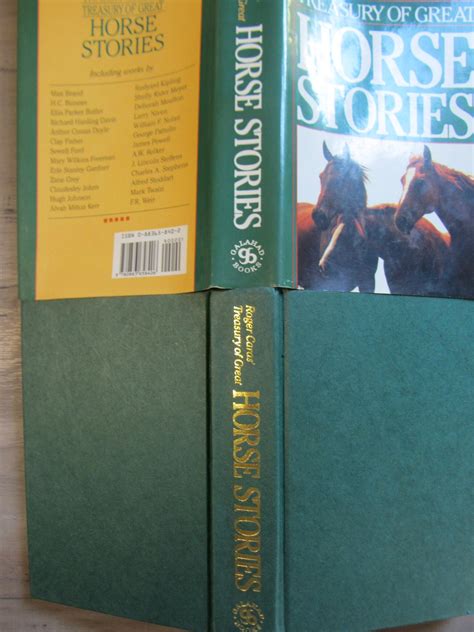A Quote by Kristin Hannah
...This fear was unbearable. It unwrapped who she was, as neatly as he'd unwound her bandage, leaving too much pain and ugliness exposed. Nerve endings; he'd said they were the problem [causing phantom pain in the amputated limb]." Things that cut off, that ended abruptly or died--like parents and marriages--kept hurting forever.
Related Quotes
Martin said, "It feels as though part of my self has detached and gone to Amsterdam, where it—she—is waiting for me. Do you know about phantom-limb syndrome?" Julia nodded. "There's pain where she ought to be. It's feeding the other pain, the thing that makes me wash and count and all that. So her absence is stopping me from going to find her. Do you see?
She expected the pain, when it came. But she gasped at its sharpness; it was not like any pain she had felt before. He kissed her and slowed and would have stopped. But she laughed, and said that this one time she would consent to hurt, and bleed, at his touch. He smiled into her neck and kissed her again and she moved with him through the pain. The pain became a warmth that grew. Grew, and stopped her breath. And took her breath and her pain and her mind away from her body, so that there was nothing but her body and his body and the light and fire they made together.
But pain may be a gift to us. Remember, after all, that pain is one of the ways we register in memory the things that vanish, that are taken away. We fix them in our minds forever by yearning, by pain, by crying out. Pain, the pain that seems unbearable at the time, is memory's first imprinting step, the cornerstone of the temple we erect inside us in memory of the dead. Pain is part of memory, and memory is a God-given gift.
Stress does not cause pain, but it can exacerbate it and make it worse. Much of chronic pain is 'remembered' pain. It's the constant firing of brain cells leading to a memory of pain that lasts, even though the bodily symptoms causing the pain are no longer there. The pain is residing because of the neurological connections in the brain itself.
Marriage I think For women Is the best of opiates. It kills the thoughts That think about the thoughts, It is the best of opiates. So said Maria. But too long in solitude she'd dwelt, And too long her thoughts had felt Their strength. So when the man drew near, Out popped her thoughts and covered him with fear. Poor Maria! Better that she had kept her thoughts on a chain, For now she's alone again and all in pain; She sighs for the man that went and the thoughts that stay To trouble her dreams by night and her dreams by day.
She stared at herself in the mirror. Her eyes were dark, almost black, filled with pain. She'd let someone do that to her. She'd known all along she felt things too deeply. She became attached. She didn't want a lover who could walk away from her, because she could never do that - love someone completely and survive intact if her left her.
All of us--all who knew her--felt so wholesome after we cleaned ourselves on her. We were so beautiful when we stood astride her ugliness. Her simplicity decorated us, her guilt sanctified us, her pain made us glow with health, her awkwardness made us think we had a sense of humor. Her inarticulateness made us believe we were eloquent. Her poverty kept us generous. Even her waking dreams we used--to silence our own nightmares.
Have you ever experienced a pain so sharp in your heart that it's all you can do to take a breath? It's a pain you wouldn't wish on your worst enemy; you wouldn't want to pass it on to anyone else for fear he or she might not be able to bear it. It's the pain of being betrayed by a person with whom you've fallen in love. It's not as serious as death, but it feels a whole lot like it, and as I've come to learn, pain is pain any way you slice it.
I think Miss Moore was right to cut "The Steeple-Jack" - the poem seems plainer and clearer in its shortened state but she has cut too much... The reader may feel like saying, "Let her do as she pleases with the poem; it's hers, isn't it?" No; it's much too good a poem for that, it long ago became everybody's, and we can protest just as we could if Donatello cut off David's left leg.
I'm not going to have the TV personality and be like, 'There's no bitterness. There's no ugliness.' There's bitterness. There's ugliness. There's pain. There's greed. There's malice, and there's hurt. That's all good stuff for any kind of art. I'm not necessarily feeding that side of myself, and I try not to encourage it too much.





































